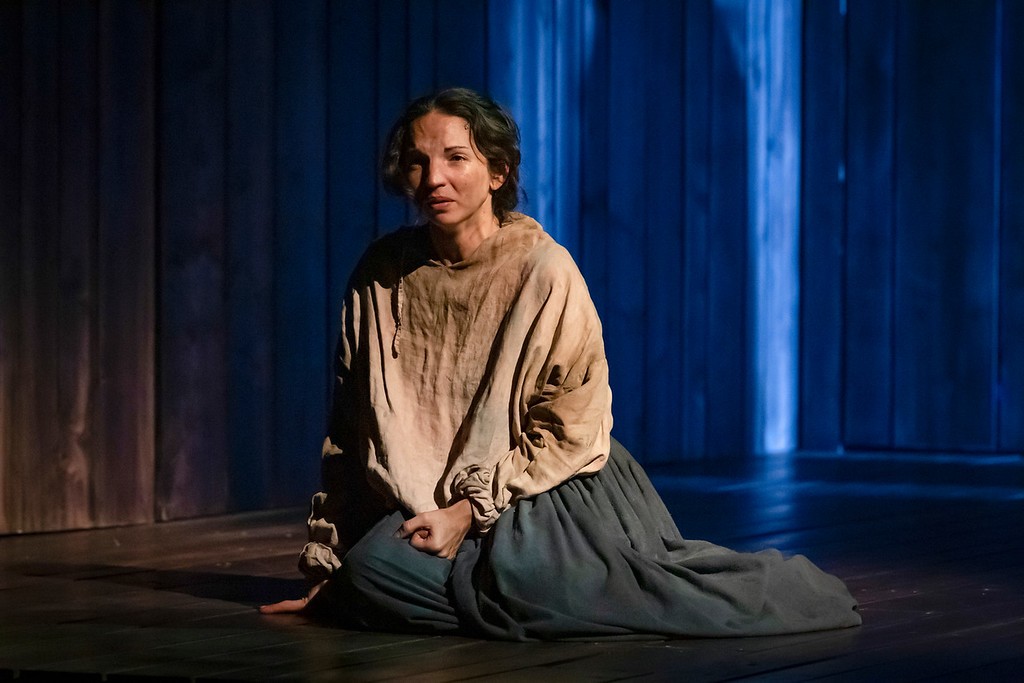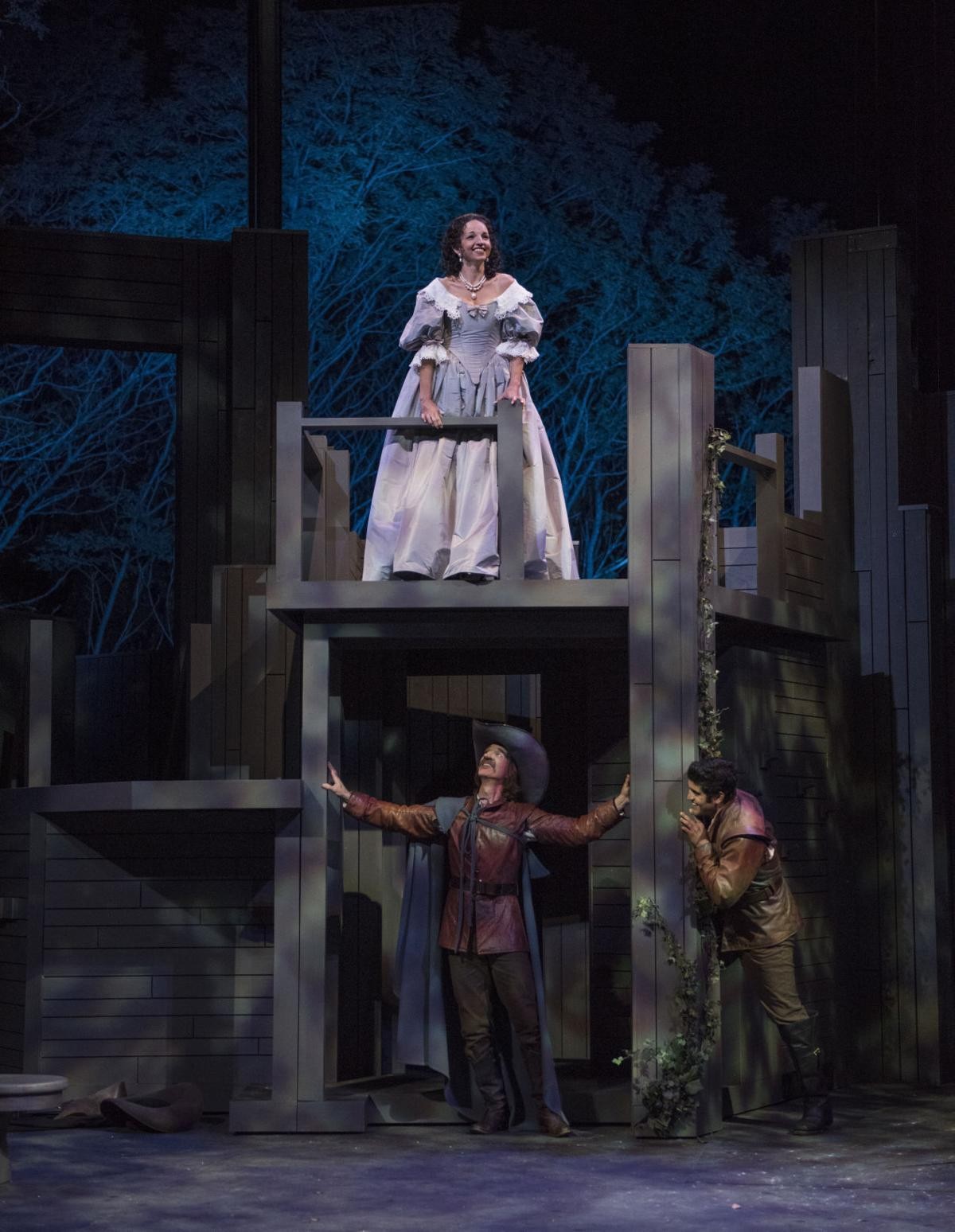We caught up with the brilliant and insightful Laura Rook a few weeks ago and have shared our conversation below.
Laura, thanks for taking the time to share your stories with us today Are you happier as a creative? Do you sometimes think about what it would be like to just have a regular job? Can you talk to us about how you think through these emotions?
I am pretty happy as an artist and a creative, but I think about having a regular job all the time. The older I get, the more I crave a routine, security, and consistency. During the pandemic, my husband (who is also an artist) and I went back to working day jobs for the first time in maybe ten years. It was an extremely stressful, awful, scary time, but then was also kind of really wonderful. For the first time in my life, I had paid vacation, sick days, weekends off, and nights off. It was incredible to have dinner together every night and see my family on the weekends. It was two years of always being able to say yes to dinners and birthday parties and holidays like Mother’s Day (not just Christmas). I miss those things. If I could stay creative and have that life, plus access to consistent affordable healthcare, I feel like all my dreams would come true.


Awesome – so before we get into the rest of our questions, can you briefly introduce yourself to our readers.
Okay I will try and give you as much of the nutshell version as possible:
Growing up in the southwest suburbs of Chicago, I was extremely lucky to be exposed to the vibrant theater scene in town on high school field trips and things like that. I went to Roosevelt University for my BFA and chose that school knowing a lot of the adjunct faculty was actively working in town as well as teaching, which, for me, held huge appeal. After graduation, I started working in some of the storefronts, waiting tables, and eventually – in keeping with the grand Chicago tradition of upstart artists – founded a theatre company with some of my fellow graduates. “XIII pocket” was a company that focused on all original, new works and, over the course of our collaboration, we produced plays, art galleries, books of poetry, and even a couple of underground dinners. We were young, naive, and had no idea how to run a business, but it remains to this day one of my proudest accomplishments and most cherished artistic experiences. I loved being a producer and understanding the ins and outs of just how hard it is to actually get things made.
Around this same time, I began taking Shakespeare classes at Chicago Shakespeare Theater with Susan Hart. I had always loved Shakespeare and didn’t feel like I got a ton of training in my undergrad, but working with Susan absolutely blew my mind and changed my life. She really taught me how to approach those works in a completely new way. With her guidance, I developed a tremendous reverence for text based work. It was a really interesting artistic period for me: working on producing these fresh new works while simultaneously examining these very old poetic texts. I began to develop a tremendous interest in and curiosity for both the power of words and the way we tell stories.
Then, in the midst of this awakening, I booked my first Shakespeare play (which also kind of felt like my first professional job) with Montana Shakespeare in the Parks. It was the first time I worked as an actor without having to work another job to support myself and it was an incredibly liberating feeling. There were so many of us on that tour who were having a similar experience and we were so excited to be working with such a wonderful company. We all fell in love with each other, and I consider so many of those folks family to this day. Things kind of kept rolling from there into more and more work in classical theater as well as other theaters in Chicago and elsewhere. “XIII pocket” dissolved when we all got too busy, and at that point I was starting to find another artistic home at American Players Theater.
If you don’t know APT, please look it up and come visit (www.americanplayers.org)! A true repertory company, producing eight plays simultaneously each summer, APT is about three hours from Chicago, and growing up, I’d had no idea it even existed. I remember arriving in my first season and not being able to believe that this 1100 seat outdoor theater in the middle of the woods would sell out night after night, but it really does! As an actor, you are typically cast in 3 shows a season plus an understudy assignment, and that culture – the access to so many different rehearsal rooms, the volume of on-the-job training, the caliber of artistry, and just the community in which it is centered – has changed my life for the better in countless ways.
I am a believer in “If you can do Shakespeare, you can do anything”, but if you add in doing it outdoors in the heat, rain, and mosquitos, you are really training at a high altitude. We also have an indoor space that allows us to explore more intimate and contemporary work. There is something for everyone every season.
Having APT as an artistic home has also allowed for space for growth and mentorship. It has been a place to explore my curiosity and skill as a director and teacher. I started assistant directing there a couple years back, and directed my first professional production last season in 2023 in our indoor space. I have also worked there as a teaching artist, and have recently been involved in developing a new training program that will hopefully be underway in 2025. I am wildly passionate about continuing to train and teach future generations the beauty and richness of what it is to do these plays and to get to share them in ways that feel relevant and fresh.



What can society do to ensure an environment that’s helpful to artists and creatives?
I just attended a “Women revolutionizing theatre” panel at the Goodman Theatre last week. One of the topics raised (and articulated so eloquently by Susan Booth) was the idea of bringing our whole selves to this work, both as women and as people. By almost every measure, we, as a society, can and should do more to support artists, but more specifically, I am interested in how we can better serve women and families. I know a lot of women in this business who are older and talk about actively having chosen to not have children/family because they felt like this industry – this specific career path – would not allow them to do both. Now, obviously, this is not something that is particularly unique to artists: women struggle with this dichotomy in all kinds of professions, but the theater is a place that is particularly inhospitable to maternity or parental leave, childcare, fertility care, or really health care in general. I just want us to do better.
The “great resignation” that occurred in the immediate aftermath of the Covid 19 pandemic cut a broad swath across industries the world over, but I personally noticed this happening in the theatre specifically with women in my age bracket. An already difficult business somehow was made even harder as theatres cut seasons, cast sizes, and budgets in half, leaving fewer jobs and opportunities. I watched as my peers – young women and new mothers – moved home or shifted careers, unable to both support their families and wait out the changing landscape.
A creative ecosystem thrives when there are more women in the room. Statistically, it is how our business thrives. Women make up 60-70% of theater audiences and are the ones buying tickets, yet only one out of three roles go to women, and the plays that get produced by women make up only 20-30% of the offerings on national stages. That is a shocking imbalance. And when I think of all the tremendous work and talent that we are actively losing because we can’t support women in the arts, it fires me up! The LOSS we are experiencing fires me up.
Again, the arts are not unique here. But the theater is a place that is supposed to be welcoming and supportive. It is a space where we are talking continuously about taking great care of each other and a wide variety of communities and identities. I would love to see us prioritize children and families in those conversations as well. Theater people make very cool, smart, empathetic babies. Wouldn’t it be great if we could make more of those?
If we can have emotional support animals backstage, there’s no reason a woman can’t have her infant and breast pump backstage. I did a matinee of a show where a young dad lost childcare for the day, and he brought his baby to work and we all passed the baby around for the afternoon. It was honestly one of the best days I have ever had at work. No one was put out, and the show went on. I’d love to see a woman who is visibly pregnant play a role she is NOT supposed to be pregnant for, and we just put a note in the program and ask the audience to use their imagination for a day. The late, great Rachel Rockwell (a beloved regional and Chicago director) often brought her son to tech in his pajamas. MORE OF THAT PLEASE. Change starts at home, right? And if we can institute small, achievable shifts in the way we think about accommodating women with families in the theatre, maybe we can be a model for other industries.



For you, what’s the most rewarding aspect of being a creative?
The most rewarding aspect of being an artist, particularly in live theater, is being in community. I am constantly learning from the people I work with and feel like I get to grow more with each new project. And besides, there is the fulfillment of sharing the work. It sometimes feels holy what we do. Not in a self-aggrandizing way. But simply to be in space together with an audience – to tell human stories and find common ground – is the absolute greatest vehicle for empathy I can think of. My grandfather used to say “singing in church is like praying twice”. I think of that whenever I’m backstage about to go on. When I am in a theatrical space with strangers and, then, on top of that, getting to explore a character and elucidate some shared meaning: that is praying twice. It truly feels holy.
Contact Info:
- Website: Laurarook.com
- Instagram: @laurarookchicago
- Linkedin: www.linkedin.com/in/aura-rook-burger
Image Credits
Photography by Liz Lauren, Joe Mazza, Cliff Roles,


